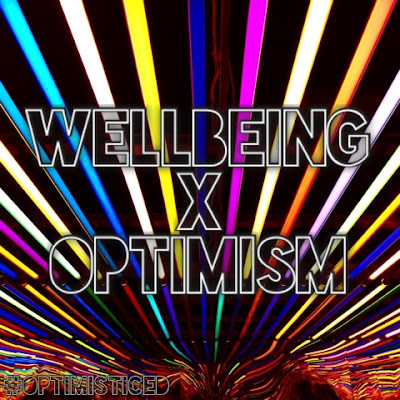I'm not really sure where it came from but the idea of an organisation being made up either of radiators or drains is fairly well known - it's even made its way into the vernacular of school leaders.
If you've not come across it, it's very simple: radiators radiate positive energy and such like, whereas drains drain said energy. It's not a bad analogy really - we can all identify certain teachers we know within the two categories. Most teachers, in reality, will probably flit between being a radiator and a drain depending on the circumstances(I know I do). And there probably is some sort of middle ground too - it just doesn't have a straightforward parallel in the world of plumbing.
So, a reflection as a leader who hopes that his team will all be, for want of a better phrase, radiators: I can't expect people to be 'radiators' instead of 'drains' if I'm draining them and giving them very little to radiate.
It's funny what leads to these ruminations: a couple of mishaps with removing radiators during some redecorating got me thinking about how radiators work.
Radiators do not create their own heat. They only radiate heat which is generated in the boiler. Middle leaders are often referred to as the 'engine room' of an organisation. For the purposes of this analogy they are actually the 'boiler room' of a school. And not just middle leaders, senior leaders too. It is leaders who must be generating the heat, or the positive energy, for their staff to be radiating.
Leaders must set the climate - whatever they themselves radiate will be what their teams radiate. If a leader is a drain then their teams will feel drained and will have nothing to radiate - just like a radiator which has just fallen off its bracket and has spurted putrid water all over the newly-fitted carpet.
There are many ways that, as a leader, I might drain my staff. I might have unrealistic expectations of how they plan, mark, prepare or teach. I might fail to support them enough to enable them to cope with changes. I might not provide the necessary emotional support or foster the kind of relationships that are conducive to good teamwork and good teaching. There are a million and one ways I might drain my staff - every choice I make will have a knock-on effect, either positive or negative. As a leader I have to constantly evaluate how my actions will impact on my team, and whether they will drain them of energy or energise them.
Valuing having a team of radiators means that as well as avoiding draining them, I also must give them something to radiate. In order for me to have that positive energy (a loose term, I know) I must ensure that my boiler is fully-serviced and running efficiently. In short, I have to take care of myself in order to set the climate. The balance is a fine one though: I shouldn't ensure my own wellbeing to the detriment of the wellbeing of my team members. For example, when delegating a job I shouldn't just offload it to someone else if it means my load is lightened and theirs is made heavier. All the same, I see good levels of my own wellbeing as an essential part of enabling my team to be radiators.
It is my hope that my enthusiasm for the privileged and exciting role we hold in shaping children's futures will be conducted to the teachers who work with me. But there is no such thing as wireless plumbing, or osmosis, in a heating system - it takes some careful and deliberate pipe work to connect each teacher to the boiler. It will take a great deal of my thoughtfulness to enable each member of my team to radiate the positive energy that makes education possible.
The brilliant thing about creating a heating system like this is that (and here's where the analogy totally falls apart) anyone can then be the boiler creating that positive energy. The energy is generated exponentially as each team member begins to contribute, enabled by the initial example of their leader.
Even if this whole analogy leaves you cold (sorry), there is merit in its basis: leaders can either be radiators or drains, and whichever one they are, their team will most likely follow suit. Turn up the thermostat, keep that pilot light burning and bring the heat to your classrooms this week!















